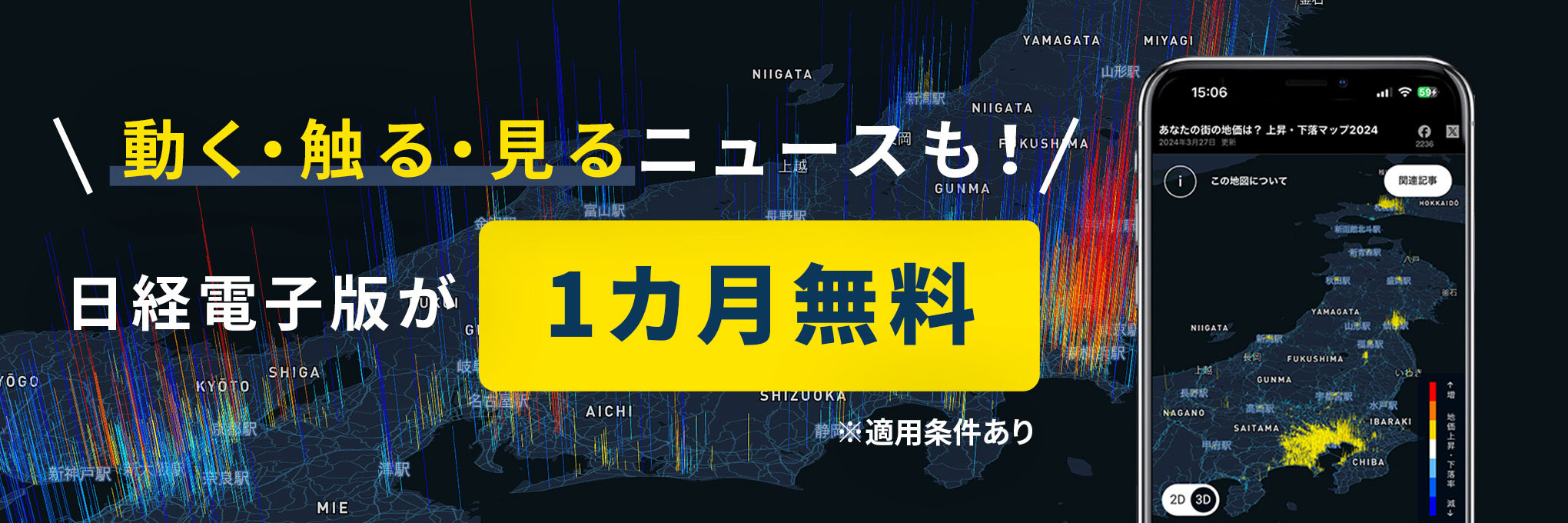Analysis of Carlos Ghosn’s emotions during his news conference in Beirut
Fugitive former Nissan Motor Chairman Carlos Ghosn held a news conference in Beirut on Wednesday in which he sought to explain why he fled Japan while out on bail as he faced criminal charges of financial wrongdoing.
Using artificial intelligence-based software to analyze his facial expressions, Nikkei sought to understand Ghosn’s emotions as he leveled criticism at Japanese prosecutors and lashed out at the management of the Japanese automaker.
The analysis used a Microsoft service that determines facial expressions based on a large database to discern anger, hatred, fear, contempt, sadness, joy and surprise in a subject, based on an algorithm. The shares of these emotions are then quantified and shown on the screen.
Courtesy of TV Tokyo
- Negative
- Anger
- Hatred, fear, contempt
- Sadness
- Positive
- Joy
- Surprise
Visualization of emotions from the start of the conference
“I can defend myself for the first time.”
- Anger
- Hatred, fear, contempt
- Sadness
- Joy
- Surprise
- Anger
- Hatred, fear, contempt
- Sadness
- Joy
- Surprise
At the start of the news conference, Ghosn said: “I can defend myself for the first time.” Recalling his time in detention, he said he had no freedom since November 2018 and was integrated for several months, for up to eight hours a day, without a lawyer present.
“Baseless attacks”
- Anger
- Hatred, fear, contempt
- Sadness
- Joy
- Surprise
Ghosn criticized the investigation into his conduct as Nissan’s chairman as “shameless, baseless attacks orchestrated by Japanese prosecutors and Nissan executives.”
Former Nissan CEO Saikawa’s involvement in Ghosn’s arrest
- Anger
- Hatred, fear, contempt
- Sadness
- Joy
- Surprise
Ghosn said former Nissan President and CEO Hiroto Saikawa was involved in his arrest in 2018. Saikawa and many other Nissan executives were involved in a plot to oust him, Ghosn said, adding that the plot was prepared by Japanese prosecutors and Nissan in advance.
“Allowed to shower just twice a week”
- Anger
- Hatred, fear, contempt
- Sadness
- Joy
- Surprise
Ghosn said he was “only allowed to shower twice a week” while in detention, and that no one spoke French or English.
“Hostage of Japan”
- Anger
- Hatred, fear, contempt
- Sadness
- Joy
- Surprise
Noting that 99% of defendants indicted on criminal charges in Japan are convicted, Ghosn said there was no sign that he would receive fair treatment or be allowed to live a normal life for the next four to five years. “I was a hostage of Japan,” he said.
Refusal to disclose the names of Japanese government officials involved
- Anger
- Hatred, fear, contempt
- Sadness
- Joy
- Surprise
- Anger
- Hatred, fear, contempt
- Sadness
- Joy
- Surprise
Ghosn declined to disclose the names of Japanese government officials involved in the what he called the plot to oust him. He said he was doing so to avoid causing diplomatic problems for the Lebanese government. He did reject suggestions of high-level involvement by Japanese officials, saying, “I don’t think Prime Minister Shinzo Abe was involved.”
Refusal to say how he escaped
- Anger
- Hatred, fear, contempt
- Sadness
- Joy
- Surprise
On the question of how he managed to slip out of Japan unnoticed, Ghosn said has no intention of disclosing how it happened, but would instead explain why he fled.
Failure of the Renault-Nissan alliance
- Anger
- Hatred, fear, contempt
- Sadness
- Joy
- Surprise
Ghosn said one of his achievements at Nissan was the alliance forged between French carmaker Renault and Nissan, which he called the world’s No. 1 automaking group in 2017. He said the alliance had a vision and a bold strategy, but added that it is not working at present.
Ready to stay in Lebanon on long-term basis
- Anger
- Hatred, fear, contempt
- Sadness
- Joy
- Surprise
Asked if he plans to visit France, the former Nissan CEO said he is prepared to stay in Lebanon on a long-term basis, as he does not feel like a fugitive in the country.
Asked if the Lebanese government had promised not to turn him over to Japanese authorities, he said he had received no such guarantee.
Skipping bail may have been wrong
- Anger
- Hatred, fear, contempt
- Sadness
- Joy
- Surprise
Speaking about his decision to flee Japan while out on bail, Ghosn acknowledged that it may have been wrong to violate Japanese law, but he argued that Japanese prosecutors also committed a breach of law by leaking information.
Asked about Ghosn’s news conference, Nissan's former President and CEO Hiroto Nishikawa said Thursday: "He may have fled because he felt he was likely to be found guilty by a Japanese court. It feels like we were betrayed by him again."

